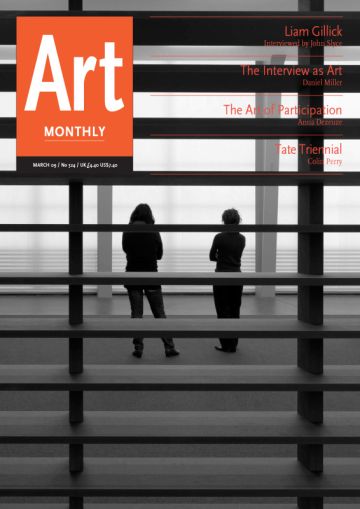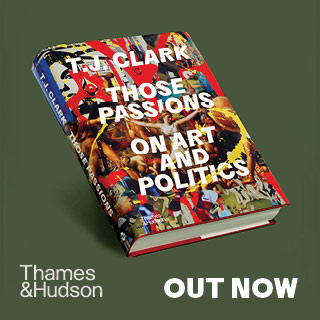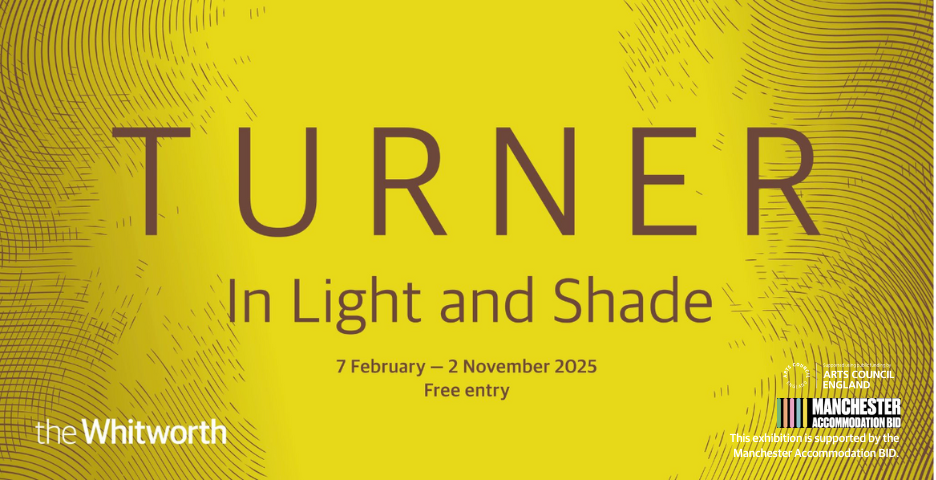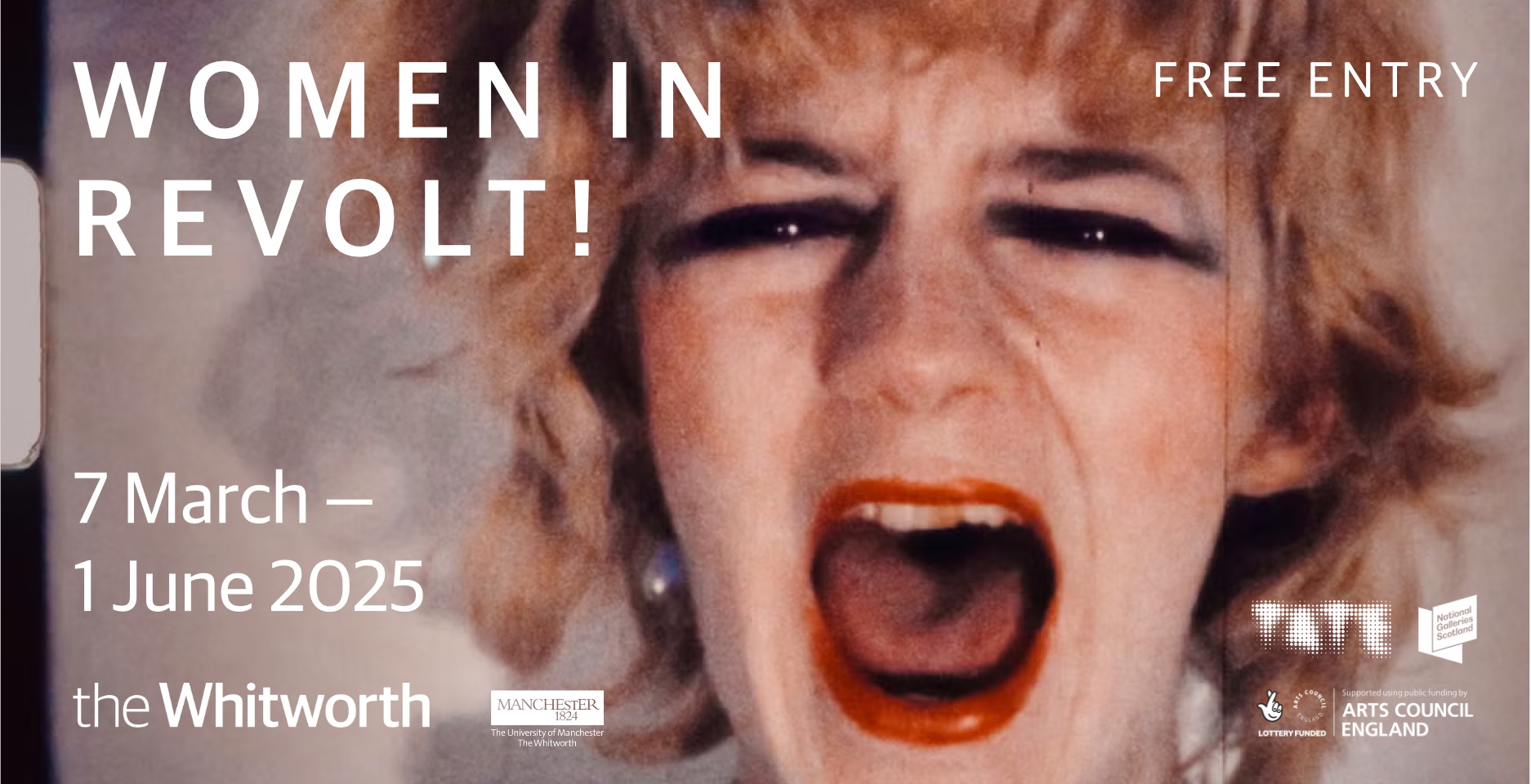Art Monthly 324
March 2009
Liam Gillick
Interviewed by john Slyce
The Interview as Art
Daniel Miller
The Art of Participation
Anna Dezeuze
Tate Triennial
Colin Perry
Buy Now – select:
Want to read this right now?
Get instant access to the entire back catalogue via Exact Editions from only £8.99!
Contents

Liam Gillick Rendering for a model of Arnold Bode's proposal for the German Pavilion, Venice, 1958
Interview
Interview
Recuperating Modernism
Liam Gillick interviewed by John Slyce
Liam Gillick's art practice is marked by its social qualities, proposing the artwork as a site of possibility. The international influence of this UK-born, New York-resident artist is being deeply felt today: his practice has a strong impact on curators such as Nicolas Bourriaud and the formation of ideas around Relational Aesthetics. In this interview Gillick suggests faultlines in these theories, discusses his four-venue cross-Atlantic retrospective and the poisoned chalice of being selected to represent Germany at this year's Venice Biennale.
'The interesting thing about Venice is that it tells you more about the curator than it does about me. Being selected to work in the German Pavilion is a gesture by the curator Nicolaus Schafhausen to make a point.'
Feature
Feature
Now Let Us Interview Famous Men
Daniel Miller on the interview as art form
Using Hans Ulrich Obrist and his Interview Marathons as a keystone, Daniel Miller argues that the rise of the interview is emblematic of current art practices. 'What the manifesto was to modern art', Miller comments, 'the interview is to contemporary art.'
Comment
Editorial
A New New Deal
'Sound travels better over water, which may account for the strange echoing sensation that has been in the air since President Barack Obama came to power.'
The similarities between the current global recession and the depression of the 1920s is well rehearsed. Now, however, Barack Obama has announced details of his rescue package and it includes details for arts funding that harks back to Franklin D Roosevelt's New Deal proposals that kept artists active, including Jackson Pollock. What is the UK government proposing, and what cultural engineering does Obama intend with his plans? The devil is in the detail.
Letters
News of BA course closures are greeted with letters of protest, and Dave Beech's 'Recovering Radicalism' feature (AM323) prompts considered responses defending the work of Baudrillard, Derrida, Foucault, et al.
Artnotes
The effects of the credit crunch on the art world; cuts in staff at art schools; evictions of long-term studio groups; all the latest news on galleries, appointments, events, activism, commissions, stolen artworks and more.
Submissions: Send Artnotes info to artnotes@artmonthly.co.uk
Reviews
Exhibitions
War and Medicine
Wellcome Collection, London
Michael Corris
The Art of Iconoclasm
BAK, Utrecht
Michael Gibbs
Fluxus
Baltic, Gateshead
David Briers
The Art of Participation: 1950 to Now
San Francisco Museum of Modern Art
Anna Dezeuze
Tate Triennial: Altermodern
Tate Britain, London
Colin Perry
This is the Gallery and the Gallery is Many Things
Eastside Projects, Birmingham
Paul O'Neill
Fischli & Weiss
Monika Sprüth Philomene Magers, London
Marcus Verhagen
Superflex: Flooded McDonald's
South London Gallery
Coline Milliard
Henry VIII's Wives
Pump House Gallery, London
Eliza Williams
Polly Apfelbaum
Milton Keynes Gallery
David Trigg
Anna Barriball
Frith Street Gallery, London
Laura McLean-Ferris
Miroslaw Balka: Nothere
White Cube, London
Krzysztof Cieszkowski
Timecode
Dundee Contemporary Arts
Martin Vincent
Lindsay Seers
Matt's Gallery, London
Jennifer Thatcher
Reviews
Performance
Mark Leckey: In the Long Tail
David Barrett on the Turner Prize winner at the ICA
'Leckey begins a demonstration of John Logie Baird's first television system that, we are told, broadcast a rotating Felix the Cat figurine as a test transmission. Leckey spins his Felix on a gramophone player and, after three theatrical attempts, fires up the machine. He waves his hand in front of the doll to 'prove' that the broadcast is live and explains that the delay is caused by the mechanical scanning device. This brand of magician's proof merely sows a seed of doubt - can we trust this man?'
Reviews
Books
Hans Ulrich Obrist: A Brief History of Curating
Peter Suchin
'Obrist is known for his stamina, not least with respect to his persistent interviewing of art world figures. It is usually artists that he records, but the present micro-anthropology of curatorial mannerisms and mores benefits from being a focused, discrete project.'
Liz Kotz: Words To Be Looked At
Michael Gibbs
'Kotz's book is an excellently researched archaeology of the emergence of conceptualism in New York in the 60s and a reminder of the extraordinary fecundity of the dialogues that were occurring in avant-garde circles at the time.'
Report
Symposium
Contemporary Art in the Middle East
Larne Abse Gogarty on Tate Britain's groundbreaking conference
'In the eyes of the collector or curator, the opening up of contemporary art in the Middle East to the West can represent the conquest of a new frontier, or to put it less starkly, the breaking down of a barrier. First China, then India, now the Middle East.'
Artlaw
Ways of Working
Tyson, Hirst and Hogbens Dunphy
Henry Lydiate on the rise of artists' professional managers
'How unusual and illuminating it was to read a published interview by one contemporary British artist, Keith Tyson, in which he candidly discussed and revealed new ways of working with the art market and its professionals.'
Listings
Exhibitions
March exhibition listings
Art Monthly's exhibition listings can also be viewed online.
Submissions: Send Listings info to listings@artmonthly.co.uk











